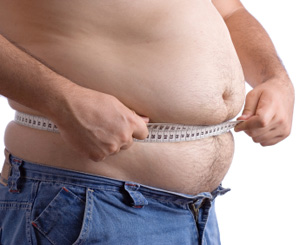Three hundred years ago, actual noise as we know it was confined to natural events over which humans had no control. America sounded like wilderness – wolves howled, trees toppled, and water rushed over waterfalls and ran down mountain streams.
Today, surrounded by sounds difficult to escape – jetliners, motorcycles, snowmobiles, lawn mowers, chain saws, tractors, traffic, sirens, jack hammers, – we step inside our homes to be bombarded further by televisions, radios, electric razors, hair blowers, air conditioners, and even phones, At the office, it may mean another eight-plus hours of uninterrupted din. In our society, we move from one deafening environment to another.
We’re so accustomed to the clamor that we don’t even hear it, not really. People exposed to the same noises each day, especially loud ones, adapt so well that after an adjustment period, they don’t consciously “hear” it anymore.
Today, surrounded by sounds difficult to escape – jetliners, motorcycles, snowmobiles, lawn mowers, chain saws, tractors, traffic, sirens, jack hammers, – we step inside our homes to be bombarded further by televisions, radios, electric razors, hair blowers, air conditioners, and even phones, At the office, it may mean another eight-plus hours of uninterrupted din. In our society, we move from one deafening environment to another.
We’re so accustomed to the clamor that we don’t even hear it, not really. People exposed to the same noises each day, especially loud ones, adapt so well that after an adjustment period, they don’t consciously “hear” it anymore.
Unfortunately, our “desensitizing” of noises doesn’t make them any less harmful. Even when we’re not aware of them, sounds – especially sudden ones – evoke a rapid, increased blood flow, raising the heart-rate and, ultimately, elevating blood pressure. This is the body’s method of responding to stress in what is called a stress reaction.
Researchers Dr. Ernest A. Peterson and Dr. Jeffrey S. Augenstein experimented with the effects of the noise. Two rhesus monkeys were selected for the test because their hearts and circulatory systems were “the closest [they] could get to humans.” The doctors subjected the monkeys to the same kinds of noises heard daily by the typical blue collar worker in America. At the end of three weeks, the animals’ blood pressure had jumped 43 percent.
What is a safe noise level? Although researchers aren’t yet sure, it is obvious that what many of us consider “normal” is not safe. Even people who believe they’re handling stress and the everyday pressures of life well aren’t as tension-free as they think they are.
Can you remember the “good old days” when the still, small voice within us used to be called “conscience” instead of “transistor radio”? Pursuing the sounds of silence will enhance your health.
Read More: http://healthmad.com/mental-health/how-noise-affects-your-stress-level





